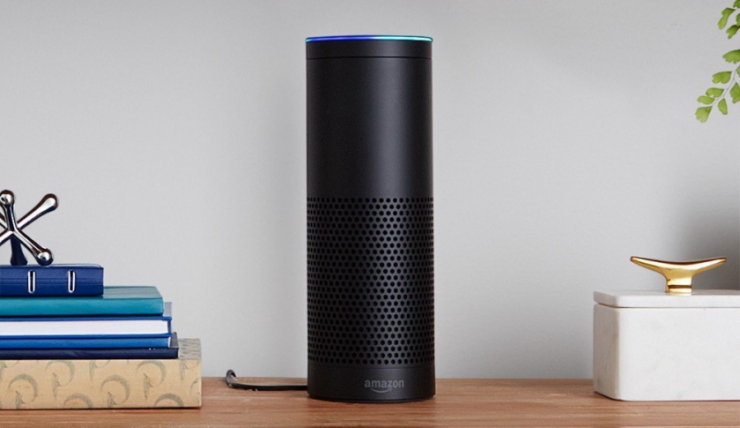
According to foreign media reports, Ecobee, a Toronto-based home smart thermostat company, has just secured $35 million in investment from the Amazon Alexa Fund, which is the largest single investment by the fund so far. At the same time, Thomvest Venture Capital and Relay Venture Capital also participated in this round of investment, making Ecobee a total of 51 million US dollars in this round of investment.
It is reported that in order to accelerate the development of supporting software and hardware for Alexa's assistants in its smart home, Amazon created the Alexa Fund last year, which has a total of 100 million US dollars to support innovative hardware and software. These hardware and software can make Amazon home smart speaker system perform new functions, such as switching lights, daily necessities, navigation, access to bank accounts. Ecobee claims that their thermostats can save 23% of home air conditioning system energy consumption.
Unlike Google's Nest smart home thermostats, Ecobee's products are based on an integrated central platform, Amazon's Alexa. Google and Amazon are competing for the next generation of smart home market, Ecobee's thermostat is a threat to Google's similar products. Google launched Google Home, an Alexa-like smart home voice control system in May this year.
In early June of this year, Amazon announced that since November 2014, there have been more than a thousand features and applications based on its Alexa intelligent voice platform. At the end of July, customers of the First Capital Bank of the United States could use Alexa to inquire about their own credit cards, bank accounts, mortgages, and voice control to complete bank payments. U.S. Citibank is also testing the use of Alexa voice recognition technology in the upgraded bank mobile app.
An integrated platform like Alexa has made the Internet's new development, the Internet of Things, possible. The home IoT may contain millions of sensors and small computing systems. These systems are embedded in various household appliances, health monitoring equipment, automobiles, and factory equipment to collect data and share data with other systems when necessary. They can also transfer data to higher-level centralized analysis systems. For example, these big data can allow home appliance manufacturers to inform customers when to repair their home appliances. If there are technical problems with your networked dishwasher, the dishwasher manufacturer will be able to automatically know this problem and inform you in advance to schedule an appointment for a service person before the trouble.